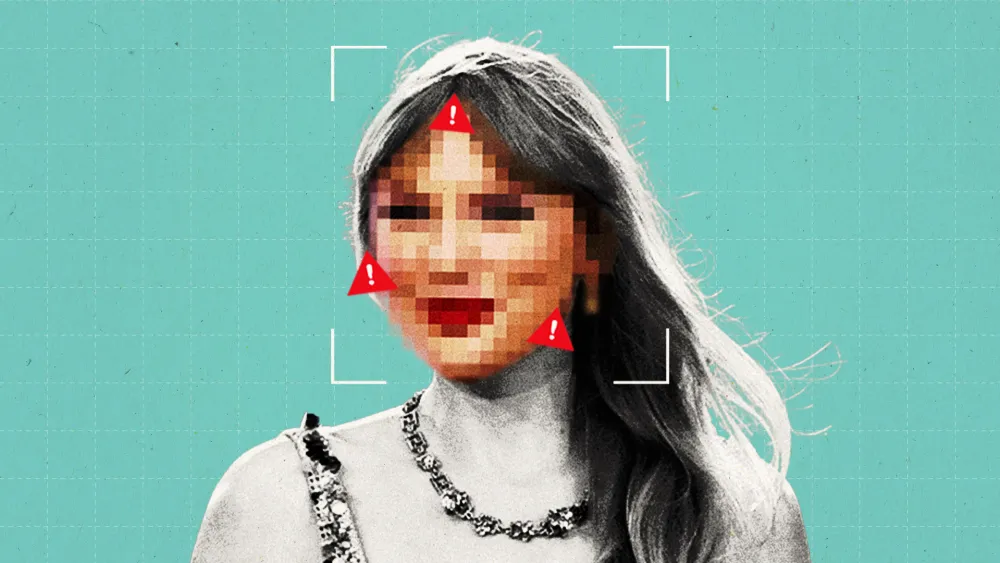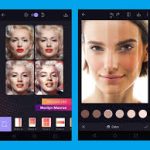In today’s fast-changing digital world, the idea of an AI celebrity has become more real than ever. These are virtual personalities, digital avatars, or AI-generated versions of famous people who gain fame and influence online. Whether they are completely virtual or a blend of human and artificial intelligence, AI celebrities are reshaping entertainment, marketing, and culture.
What Is an AI Celebrity?
An AI celebrity can be defined in two main ways:
-
Virtual or digital personalities — These are entirely artificial creations powered by AI technology. They are designed using advanced 3D modeling, voice synthesis, and natural language processing. These digital figures act like human influencers by posting content, promoting brands, and engaging fans online.
-
AI-enhanced human celebrities — These are real-world stars whose image, voice, or likeness is replicated or extended using AI. It allows them to appear virtually, interact with fans 24/7, and even continue working after retirement. Voice cloning and deepfake technology are major tools in this space.
In both cases, AI transforms the concept of fame into something beyond human limits—making digital stardom a reality.
Why the Trend Is Growing
Several powerful forces are driving the rise of AI celebrities across industries:
-
Advancements in technology – Modern AI tools can now create highly realistic visuals, voices, and behaviors. Virtual influencers look almost human and can deliver emotions convincingly.
-
Marketing appeal – Brands love AI celebrities because they are always available, never age, and can be fully customized to match brand values.
-
Global accessibility – AI personalities can interact in multiple languages and reach international audiences instantly.
-
Cost efficiency – Once created, a virtual celebrity can work non-stop without the typical costs of human celebrities such as travel, accommodation, or scheduling issues.
-
Audience familiarity – Younger generations who grew up with video games, avatars, and virtual worlds are comfortable engaging with digital personas.
Popular Examples
-
Virtual Influencers like Aitana López or Lil Miquela have millions of followers despite not being real humans. They model for brands, promote products, and even participate in online events.
-
AI-Generated Voices are being used by studios and marketing agencies to create new content without hiring real actors every time.
-
Digital Avatars of Real Celebrities allow stars to appear in multiple places at once—like a musician performing in several virtual concerts simultaneously.
Benefits of AI Celebrities
-
Creative Freedom
AI celebrities can do what humans cannot. They can exist in different worlds, wear impossible fashion, or perform complex visual stunts—all without physical limits. -
Scalability and Consistency
Brands can use AI influencers consistently across multiple campaigns. They never tire, make mistakes, or go off-brand. -
Fan Engagement
Fans can interact with AI versions of their favorite stars through chatbots, social media replies, and virtual meet-and-greets, creating deeper personal connections. -
Global Customization
One digital celebrity can be localized into multiple languages, appearances, or cultures—offering a universal marketing advantage. -
Legacy Preservation
AI can help extend the life of famous personalities by recreating their voices and appearances for new generations.
Ethical and Legal Challenges
While the benefits are impressive, the rise of AI celebrities brings serious concerns:
-
Authenticity – People might not always know whether a celebrity online is real or AI-generated. This raises trust and transparency issues.
-
Consent and Copyright – Using a person’s image or voice without permission can violate personal rights. Laws are still catching up to regulate AI-based likeness usage.
-
Deception Risks – Deepfakes or voice clones can be misused for spreading misinformation, scams, or fake endorsements.
-
Impact on Human Artists – Virtual stars could replace real actors, models, or influencers, affecting job opportunities in creative industries.
-
Emotional Connection – AI lacks genuine human emotion. Fans may find it difficult to form the same deep bond with virtual personas.
Future of AI Celebrities
-
Hybrid Stars
The future will likely feature a mix of human and AI collaboration—celebrities creating digital twins or avatars that can represent them online. -
Virtual Entertainment
Expect to see more virtual concerts, movies, and talk shows starring AI-generated celebrities. These will attract global audiences in immersive environments. -
Personalized Interaction
Fans may soon chat with personalized AI versions of their favorite stars, designed to remember preferences and offer tailored experiences. -
Legal Frameworks
Governments and entertainment bodies will develop stricter rules about how AI can use human likenesses and protect intellectual property rights. -
Cultural Shift
Society will continue debating the value of authenticity versus perfection. Some will embrace AI stars as creative art; others will resist them as replacements for real talent.
Conclusion
The rise of the AI celebrity marks a turning point in how we understand fame and identity. These digital personalities blur the line between real and artificial, offering limitless creativity and global reach. Yet they also challenge our understanding of authenticity, consent, and emotional connection.
As technology evolves, AI celebrities will likely become a permanent part of entertainment and marketing. Whether audiences choose to embrace them fully or remain cautious, one thing is certain—the future of fame is no longer only human. It’s digital, intelligent, and rapidly evolving.


